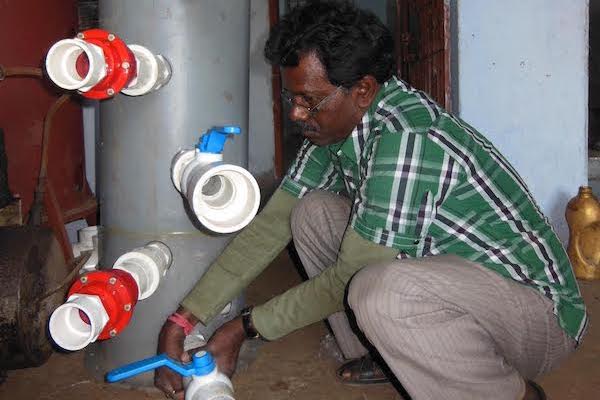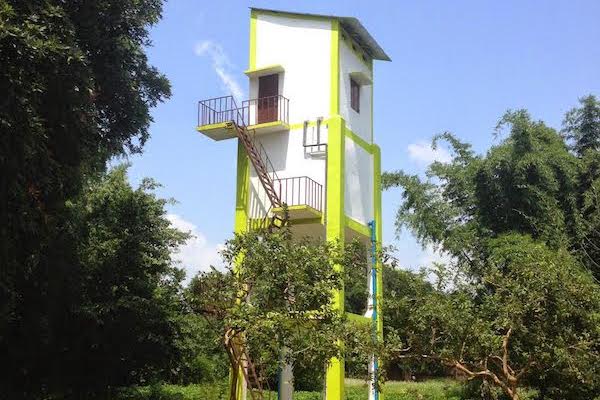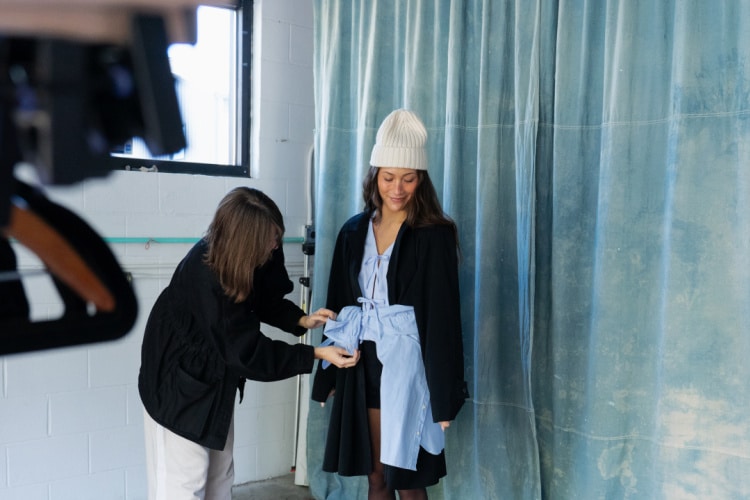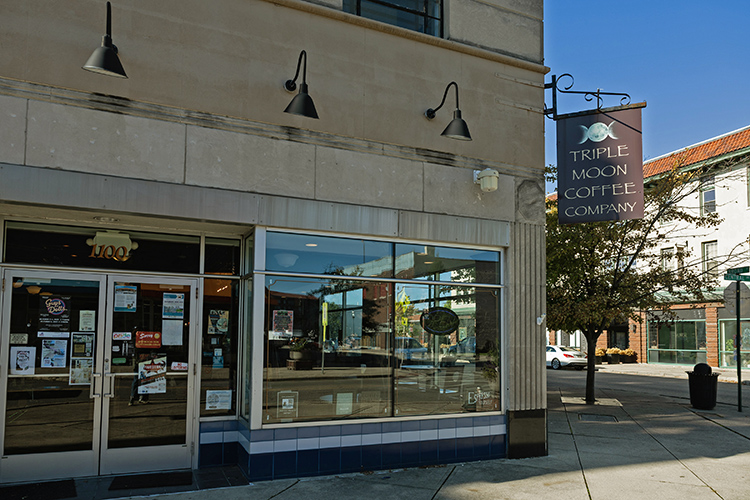Founded in Honduras, AguaClara looks to broaden clean water scope
AguaClara LLC came to Pipeline H2O not to produce and sell proprietary water technology, but to develop a sustainable business model so it can provide clean water to isolated communities.
AguaClara LLC came to Pipeline H2O not to produce and sell proprietary water technology, but to develop a sustainable business model so it can provide clean water to isolated communities.
“We are a certified B corporation so profit is not our main goal,” says Maysoon Sharif, AguaClara’s managing director. “Our bottom line is creating a real impact building sustainable water treatment plants.”
AguaClara grew out of a Cornell University project led by Dr. Monroe Weber-Shirk. After spending time in Honduras, he collaborated with local NGO Agua Para el Pueblo to devise a system using local materials and local labor to build water treatment plants that were simple to operate and required no electricity to run.
“I joined AguaClara as a student at Cornell and was asked to stay on after I finished my engineering degree,” Sharif says. “We were getting requests from other organizations working in other countries to develop new designs for their communities.”
The LLC company formed in 2012 to work in the field to get water treatment systems constructed and deployed for communities. AguaClara consultants train on-site partners how to install, maintain and operate the systems.
“We create the water treatment system designs in collaboration with community partners,” Sharif says. “We provide the required hydraulic design. But the system needs to be built according to local construction processes.”
AguaClara currently operates in Honduras and India but is evaluating expansion into other countries, as well as applications domestically.
“Small systems don’t always meet EPA water quality standards, so we’re looking into what we need to do to pilot our technologies here and demonstrate that AguaClara offers a feasible alternative,” Sharif says. “Pipeline is trying to get us in front of customers and start to explore the U.S. market and where we can be helpful.”
The Pipeline network has provided AguaClara with an outside perspective on its business model, as well as guidance and mentorship in developing a financially sustainable company.
“It has been challenging, but that’s a good thing,” Sharif says. “Pipeline is forcing us to focus on what we need to do to grow the company, which is something we really needed. It’s easy to retreat into the design work and forget about business development and building our internal capacity. The program is providing a sanity check on our work, recognizing our strengths and picking out glaring faults. That’s exactly what I want.”
The Pipeline cohort just completed its second on-site week at The Hamilton Mill, which included pitching their ideas at the Regional Smart Cities Initiative roundtable on March 15. In between their time in Hamilton, participants are busy running their companies and working on program homework. The inaugural Pipeline class will graduate at a demo day in May.
Read profiles of other Pipeline members Searen, ANDalyze, kW Hydroelectric, WaterStep International, PowerTech Water and WEL Enterprise.

















